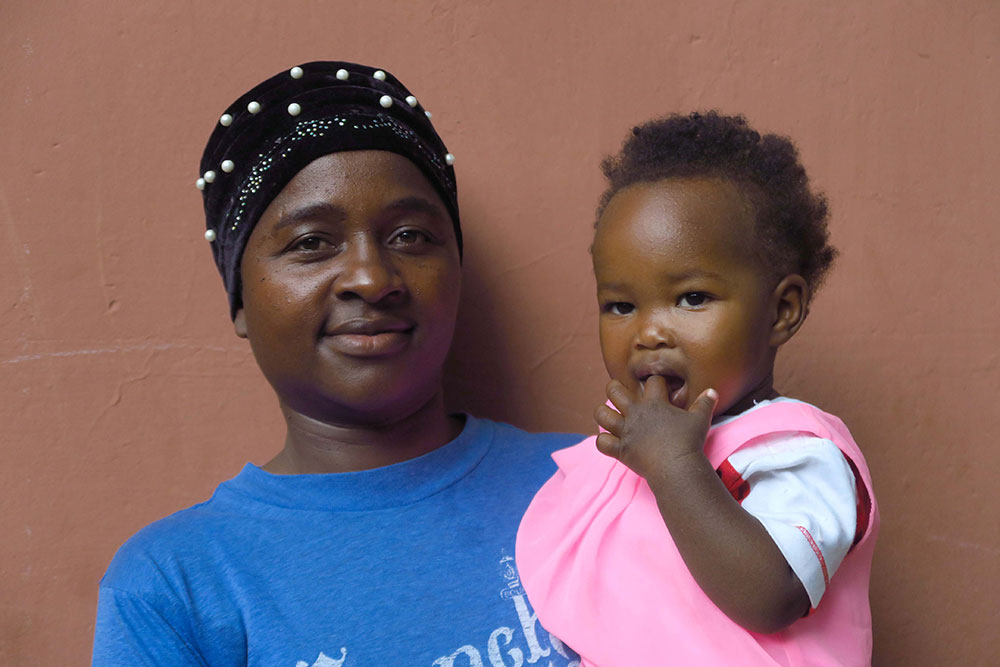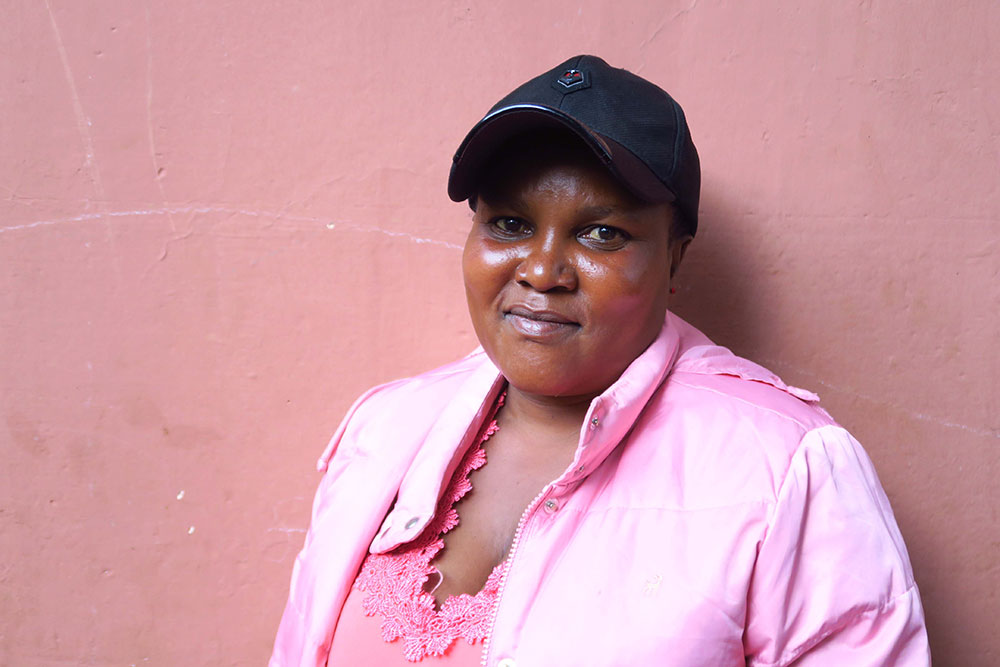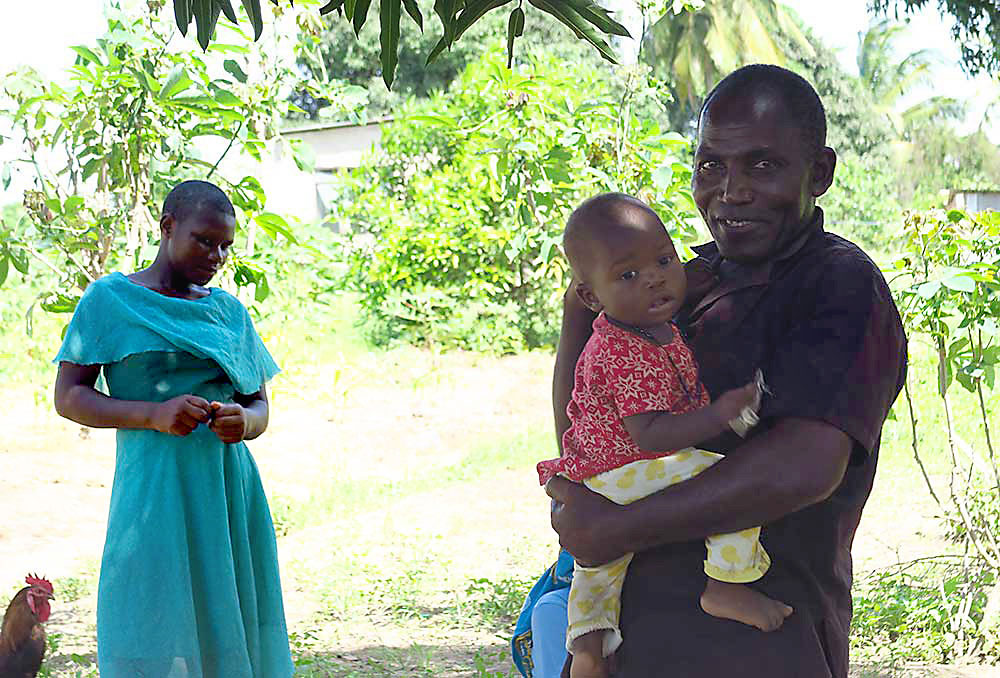Session 17/21
Page 7/9 Offering a foster family from the rehabilitation centreOffering a foster family from the rehabilitation centre


From this process of mapping street children’s network in your area, staff and future foster parents can observe the children at the rehabilitation center, and agree on who should be matched with foster parents. Foster parents-to-be should visit the rehabilitation center regularly, to meet the children or teens in an informal way, join daily activities, and decide with staff who needs a family.
INTRODUCING THE CHILD TO A FOSTER FAMILY
Now it´s time for a talk with the child and offer a foster family. A staff member and a foster parent can do this together. Talk with the child about their situation. What it likes best, what it dreams about, or what it needs. Be curious and non-judgmental. Listen carefully and accept whatever he or she tells you. Do not moralize, show your compassion. Perhaps you can think of a small activity to do with them while you talk. If you can make them laugh or smile, you are already half the way. A game, a riddle, preparing food together, playing etc.
Describe how difficult street life is for children, and that many children have lost or left their parents or relatives. Describe what you have to offer. Explain to the child that foster parents are not the child’s parents. But like good parents, they will offer love, food, protection, and education until the child has grown up. Also, tell the child that if it misses its friends on the streets, visits to the street or in the foster home can be arranged. In this way, the child will know that it doesn’t have to run away.
Some foster parents experienced that one girl ran away two times until she finally decided after a year to stay with the foster parents. It’s important to understand how difficult it is for a child to leave its social network, no matter how poor it is.
Let the child visit the foster family before it makes the choice, and offer a test period before the final decision. Remember, street children are “little grown-ups” who make their own decisions in life – decisions that only a parent would normally make. They have the right to be well-informed in this process and to be part of the decision-making.
EVALUATING THE MATCH BETWEEN CHILD AND FOSTER PARENTS
Before and after talks with the child, staff and foster parents can discuss the match. Everybody should know that children with insecure attachment behaviours are most likely to recover from trauma and become securely attached, if they enter the foster family before they are 3-5 years old. With older children or teens, the foster parents should know that older children may have more permanent challenges, and need extra attention while in care. In particular, children with ambivalent behaviour can be challenging to host in a foster family. We recommend that foster parents receive regular supervision from experienced staff or psychologists.

